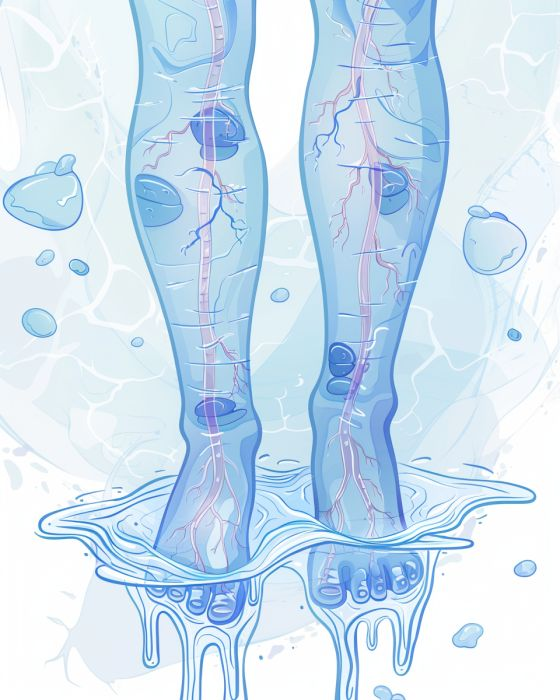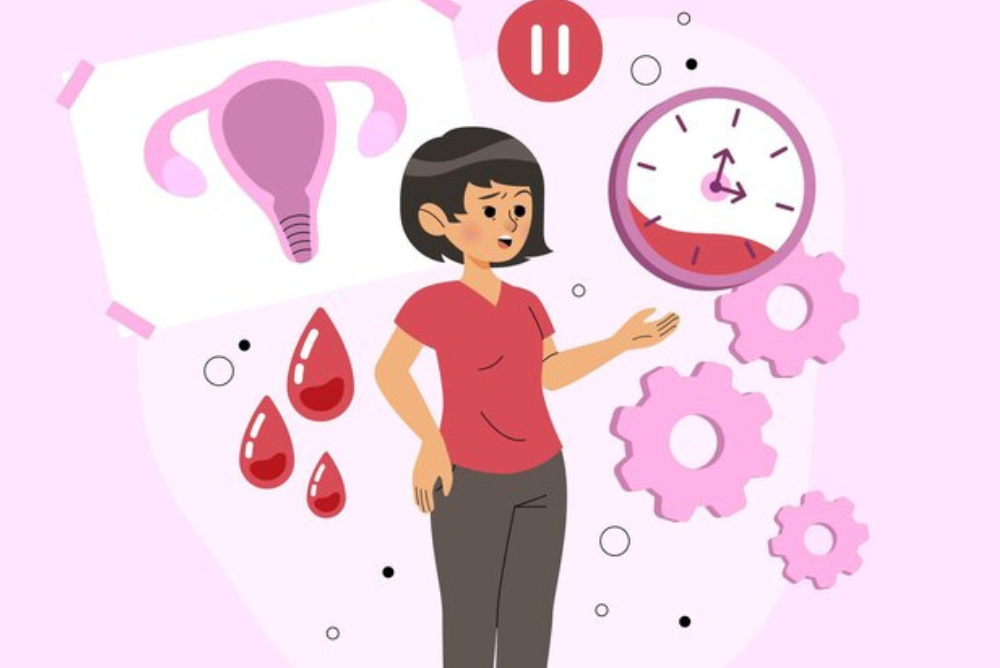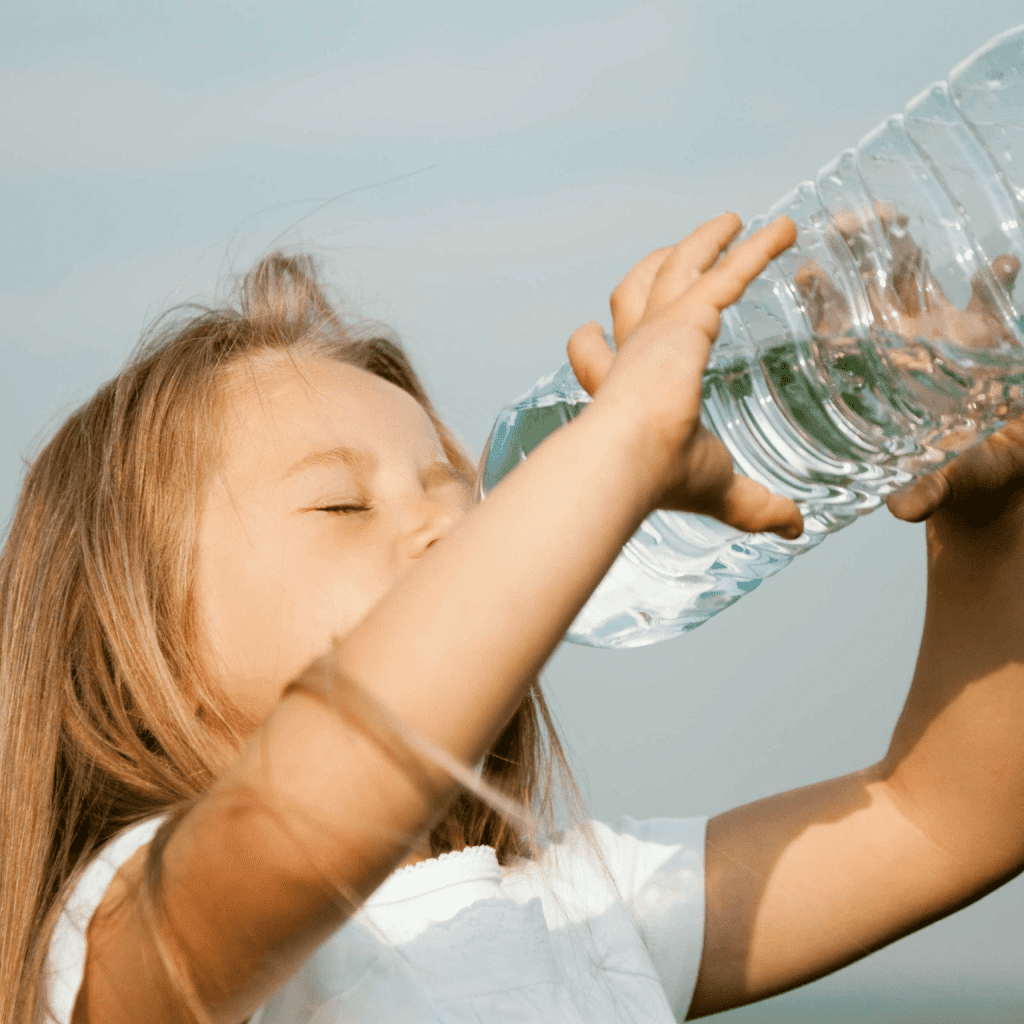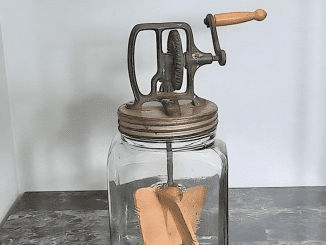Leg swelling after drinking water can be an alarming and uncomfortable experience, leaving many to wonder what exactly is going on in their body. While it might seem counterintuitive—since water is vital for hydration—it’s essential to understand that the body’s fluid regulation systems are complex. If you notice swelling in your legs after drinking water, it could point to a deeper underlying issue. In this article, we’ll break down the potential reasons behind this condition, explain what may be causing your legs to swell, and offer tips on how to manage it.

Water Retention (Edema): A Common Culprit
One of the most common causes of leg swelling is water retention, medically known as edema. Water retention occurs when excess fluid builds up in the body’s tissues, often in the lower extremities like the legs and feet.
Several factors can trigger water retention, including:
- High sodium intake: If your diet is high in salt, your body will retain more water to balance the sodium levels.
- Hormonal fluctuations: Hormones like aldosterone regulate how much water the kidneys hold onto, and imbalances can lead to retention.
- Sitting or standing for long periods: Staying in the same position for a long time can cause fluid to pool in your legs.
In cases of edema, the swelling may become more pronounced after drinking water because the body holds onto the fluid instead of eliminating it efficiently.
Kidney Issues: How Poor Kidney Function Can Cause Swelling
The kidneys are responsible for regulating the body’s fluid balance. They filter waste and excess fluid from the blood, which is then expelled as urine. However, if the kidneys aren’t functioning properly, they may not be able to remove excess fluid as effectively, leading to fluid accumulation in the legs and other areas.
Kidney disease or chronic kidney conditions can often cause fluid retention, and drinking more water may exacerbate the problem. If you suspect your kidneys are not working correctly, it’s crucial to seek medical advice to assess and manage the situation effectively.
Heart Conditions: The Impact of Poor Circulation
Swelling in the legs after drinking water could also be related to a heart condition, particularly congestive heart failure (CHF). The heart is responsible for pumping blood throughout the body. When it struggles to pump efficiently, blood flow can slow down, causing fluid to build up in tissues—especially in the lower extremities.
In people with heart failure, drinking water may worsen swelling because the body can’t process the extra fluid quickly enough. The added fluid can overwhelm the circulatory system, leading to more noticeable swelling.
Hormonal Imbalances and Fluid Retention
The body’s fluid levels are tightly controlled by hormones. For example, antidiuretic hormone (ADH) regulates how much water is reabsorbed by the kidneys. When hormone levels are imbalanced—whether due to stress, certain medications, or medical conditions—this can lead to the retention of more water than necessary, which results in leg swelling.

Hormonal imbalances related to conditions like hypothyroidism or Cushing’s syndrome can also affect how the body retains water. Drinking water might increase leg swelling if your hormone levels are out of balance because your body holds onto more fluids than it should.
Medications: A Side Effect to Watch Out For
Certain medications have side effects that include fluid retention. Common medications that may cause this include:
- Blood pressure medications (especially calcium channel blockers)
- Steroids
- Non-steroidal anti-inflammatory drugs (NSAIDs) like ibuprofen
- Diabetes medications
These medications can interfere with the body’s ability to regulate fluid balance, and when combined with regular water intake, swelling in the legs might become more noticeable.
Managing Leg Swelling: What Can You Do?
If you’re experiencing leg swelling after drinking water, there are several steps you can take to manage and reduce the discomfort:
1. Monitor Your Sodium Intake

A high-sodium diet can significantly contribute to water retention. To help alleviate swelling, focus on reducing your salt intake. Avoid processed foods, fast food, and salty snacks, and opt for fresh fruits, vegetables, and lean proteins instead. Keeping your diet low in sodium will help your body manage fluid levels better.
2. Stay Active and Keep Moving
Physical activity is crucial for improving circulation and preventing fluid from pooling in your legs. Even small changes, such as taking short walks throughout the day or doing leg lifts while sitting, can make a big difference in reducing swelling. Movement encourages your muscles to pump fluids out of your lower extremities and back toward the heart.
3. Elevate Your Legs
If you notice swelling, try elevating your legs above the level of your heart for 15 to 20 minutes. This simple action helps promote circulation and encourages the fluid to return to your upper body, relieving the pressure in your legs.
4. Stay Hydrated—But Don’t Overdo It

While it might seem counterproductive to drink more water if you’re retaining fluid, staying adequately hydrated is essential for overall health. However, you should avoid drinking excessive amounts of water, as this can put extra pressure on the kidneys and heart. Focus on drinking water in moderation and spacing it out throughout the day.
5. Consult Your Doctor
If leg swelling persists, especially after drinking water, it’s important to consult a healthcare professional. Your doctor can assess any underlying conditions that may be contributing to the issue—whether it’s related to your kidneys, heart, or hormonal imbalances—and recommend appropriate treatments or medication adjustments.
6. Wear Compression Stockings
Compression stockings can help reduce swelling by improving circulation in your legs. They work by applying pressure to the lower legs, helping veins move blood more efficiently back toward the heart, which reduces fluid buildup.
Conclusion: Understanding the Cause Behind Leg Swelling After Drinking Water
Leg swelling after drinking water can be a sign that something in your body’s fluid regulation system isn’t functioning properly. Whether the issue stems from water retention, kidney function, heart health, or medication, it’s important to pay attention to your body’s signals and seek medical advice when necessary. By adjusting your diet, staying active, and consulting your doctor, you can take steps to reduce swelling and keep your body’s fluid balance in check.
Being proactive about these symptoms can help you avoid more serious health complications and maintain overall well-being.


